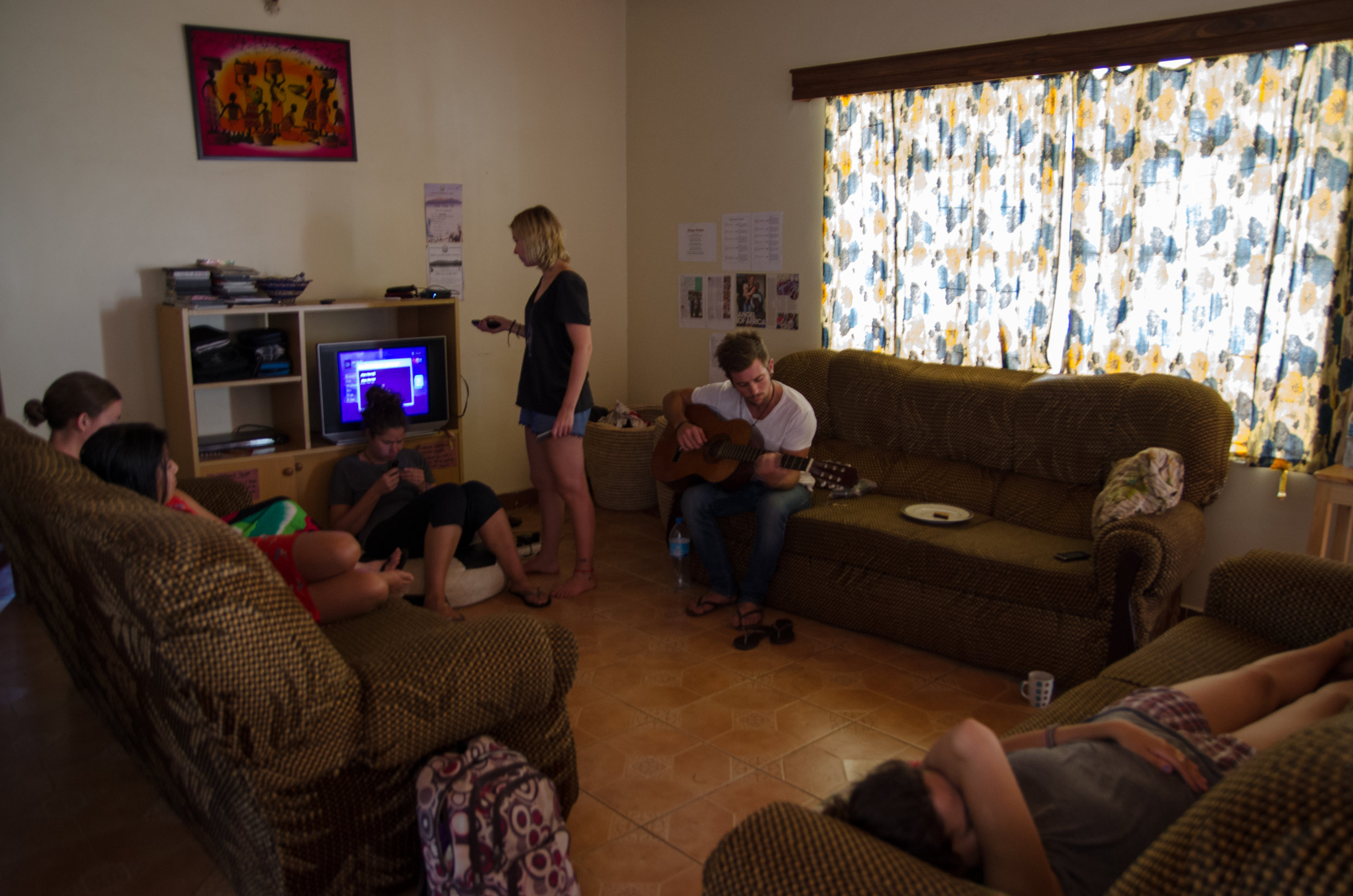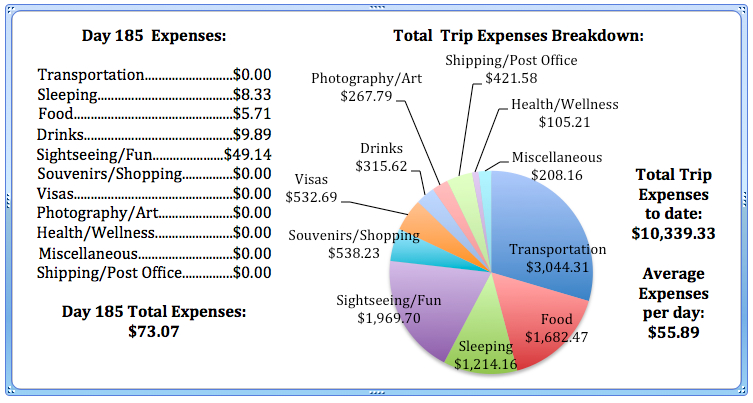Before we even set foot in Tanzania, I was intrigued by the Masai way of life. I wanted to know more about their culture. And more specifically, I wanted to know more about the women. This feeling was only heightened after my interaction with the Masai woman on the dala-dala and then, of course on our visit to the touristy Masai village outside of The Ngorongoro Crater.
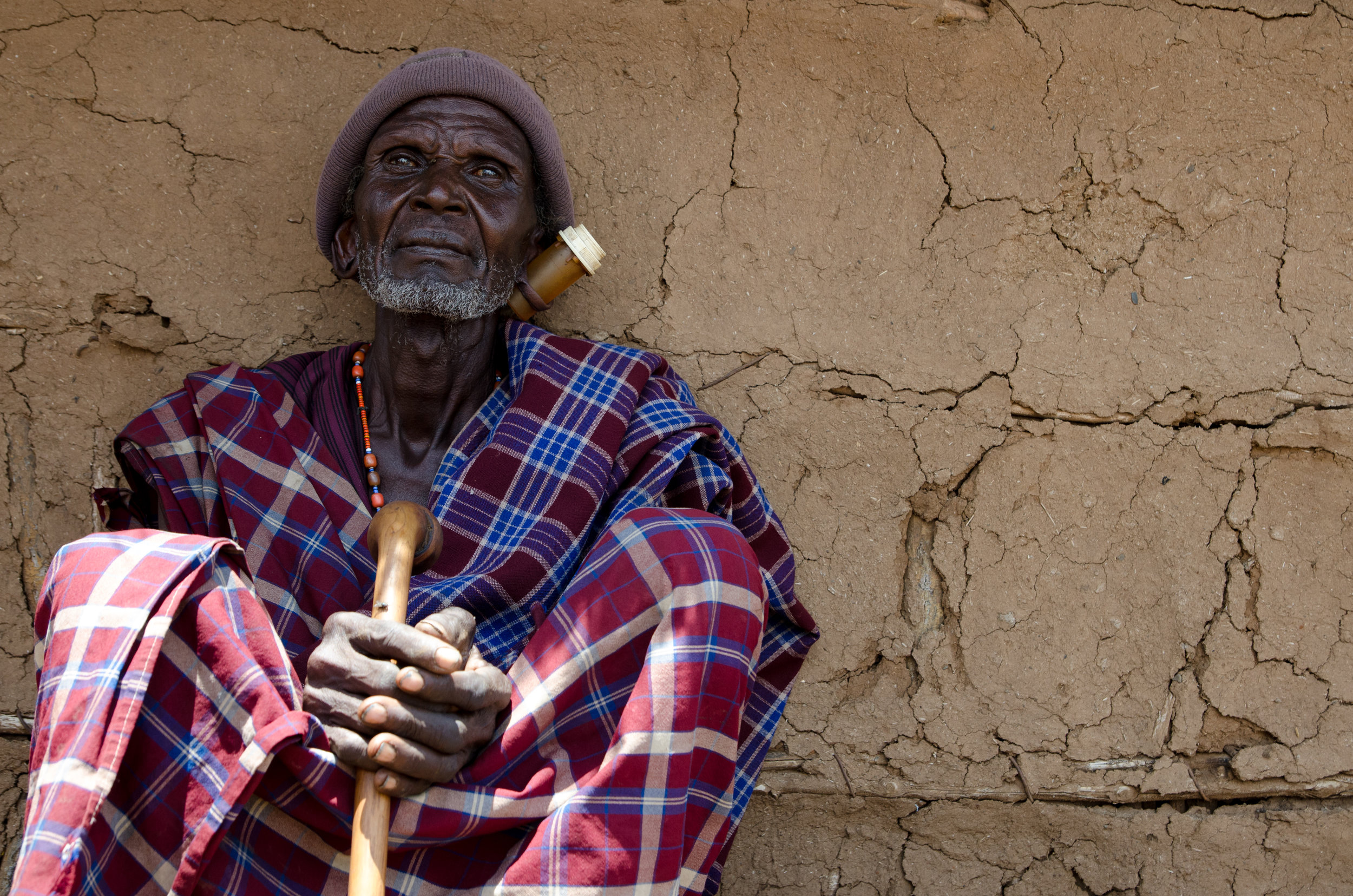
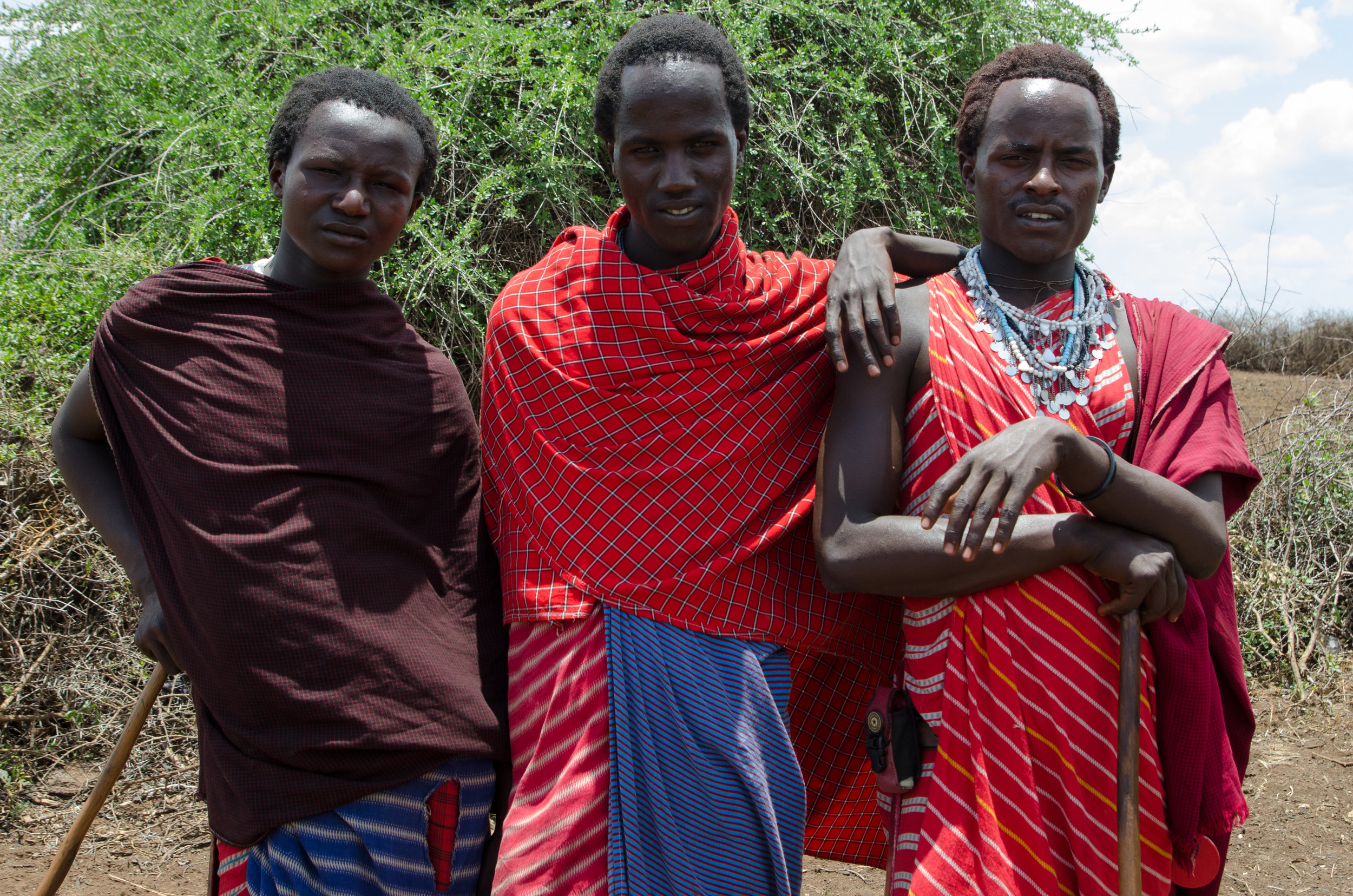
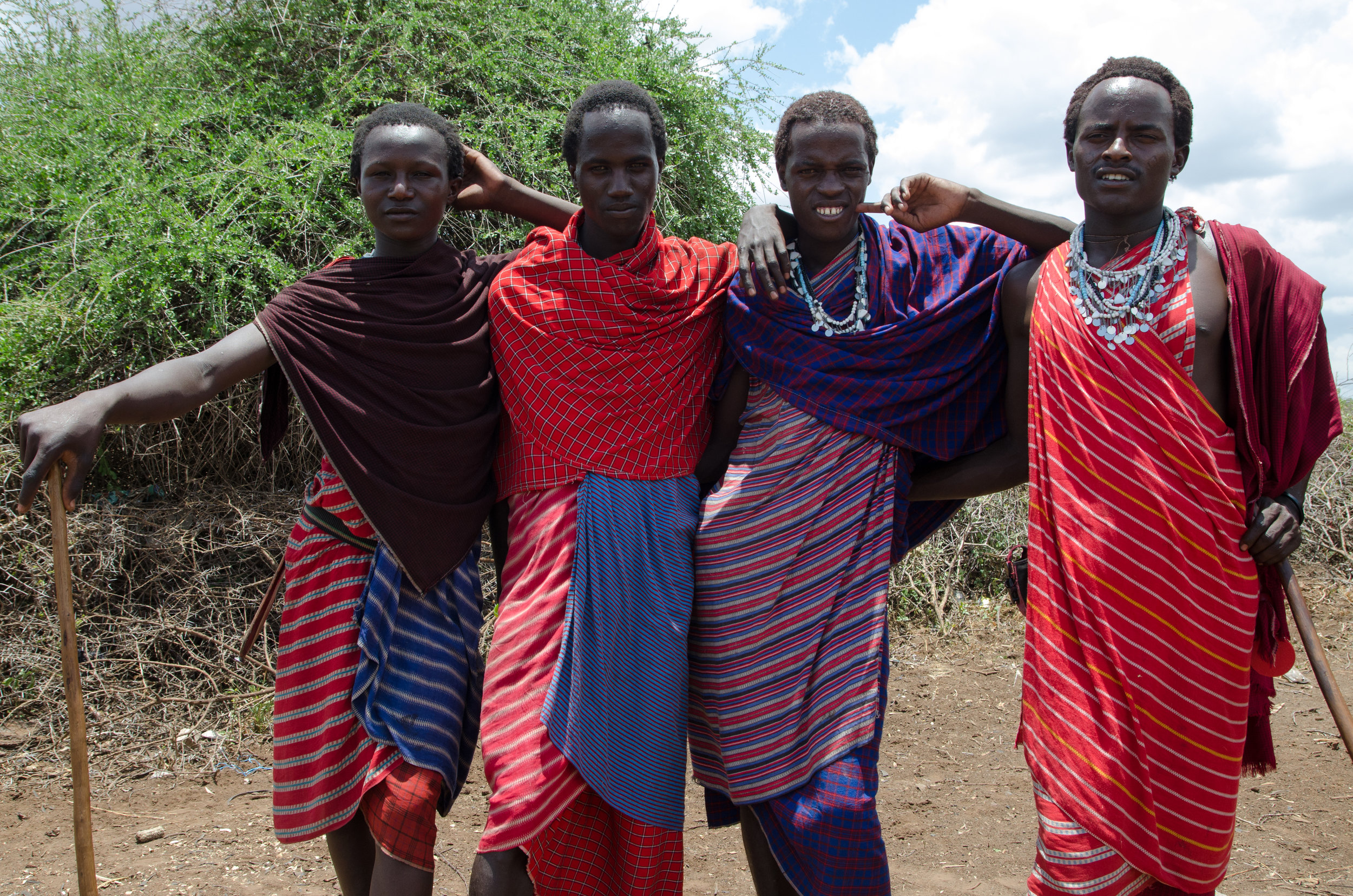
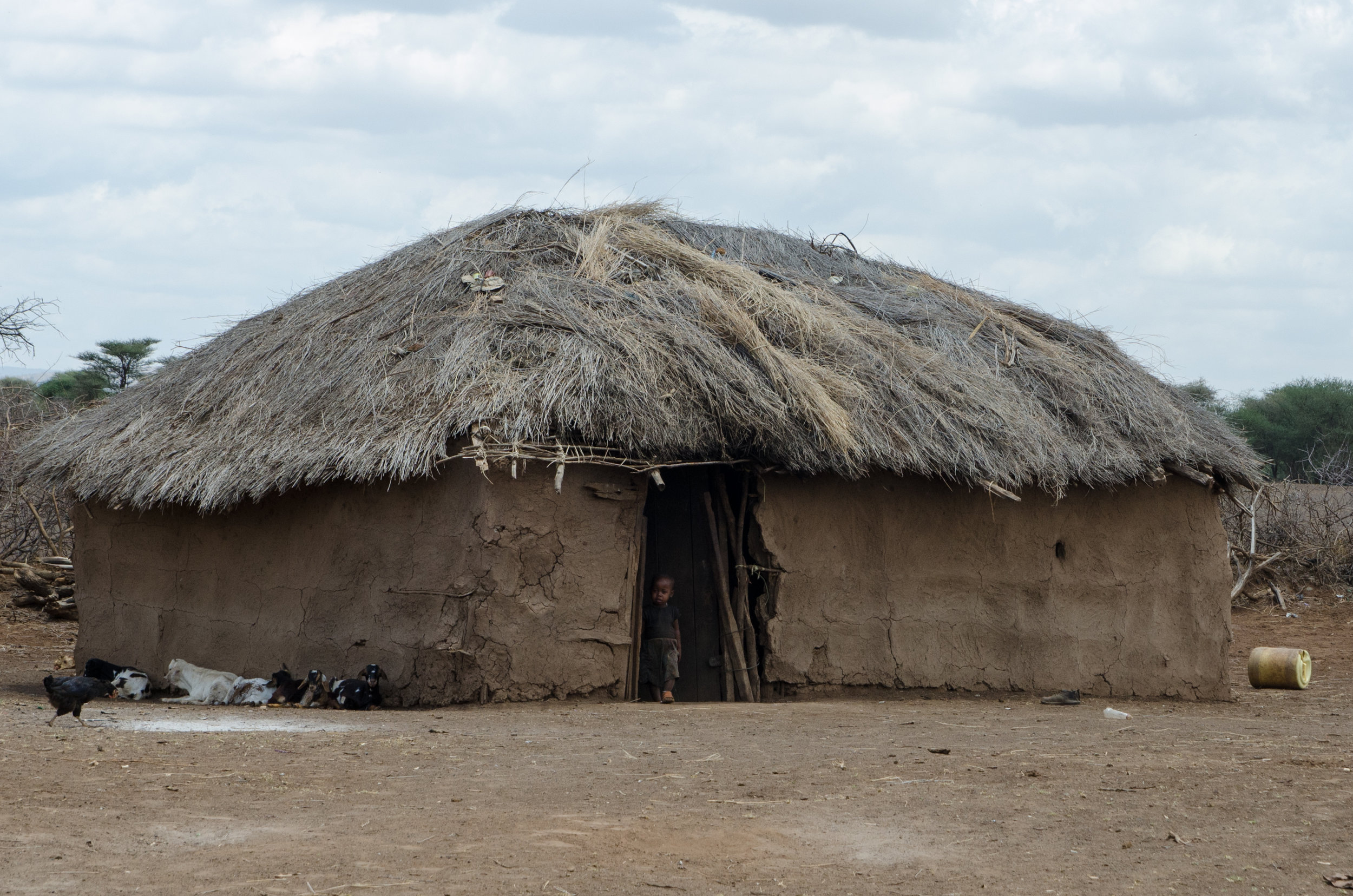
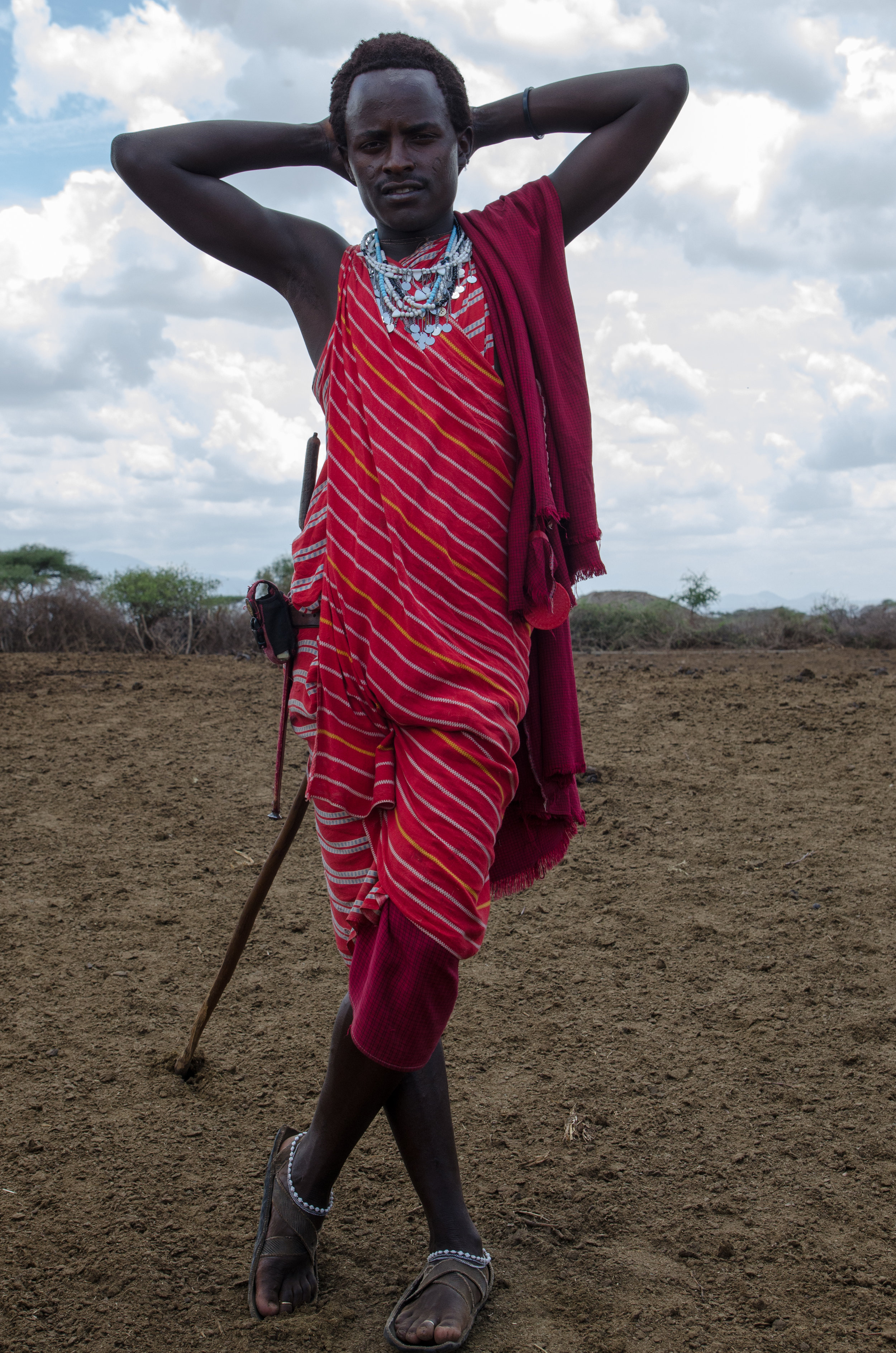
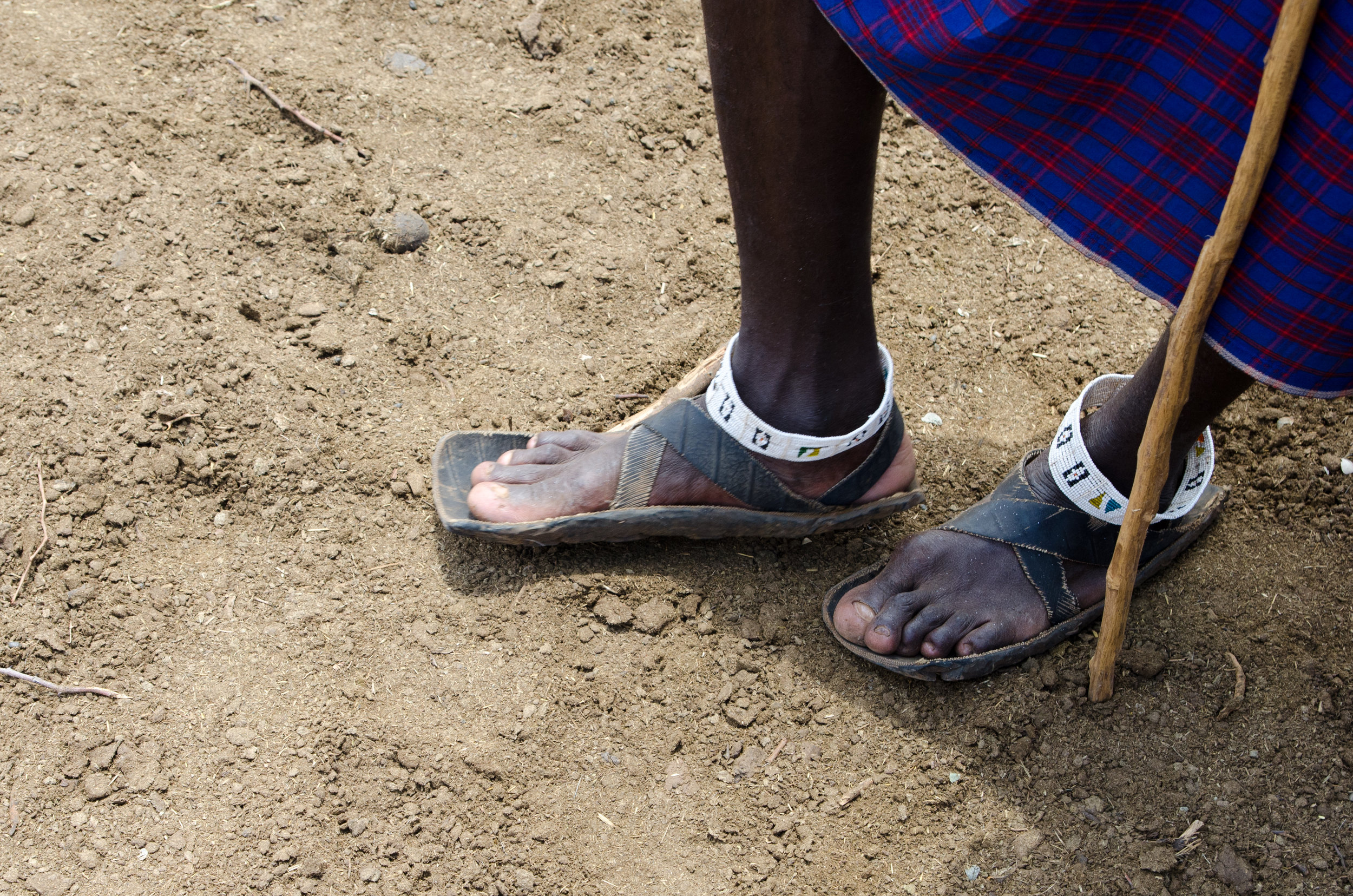
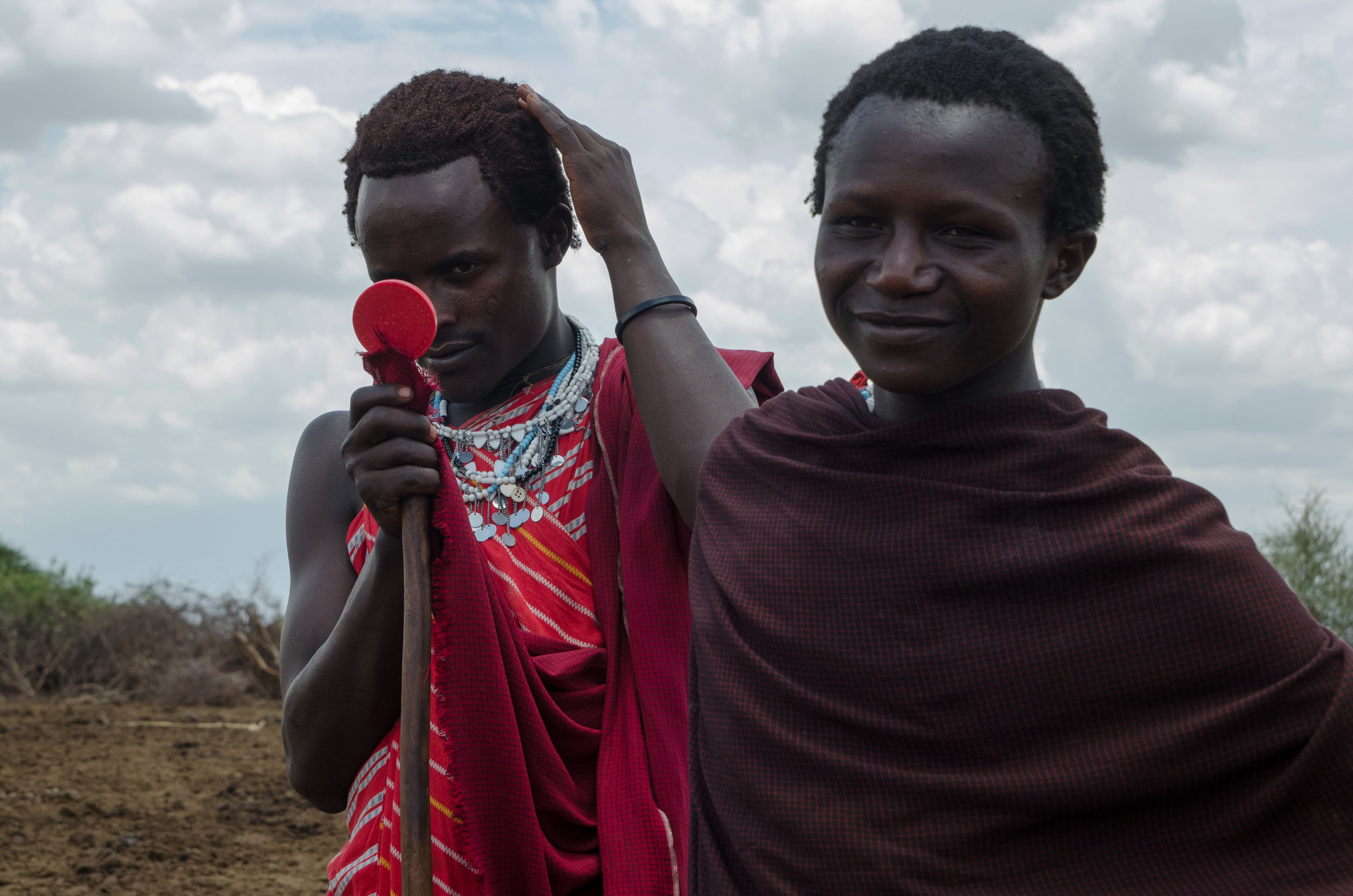
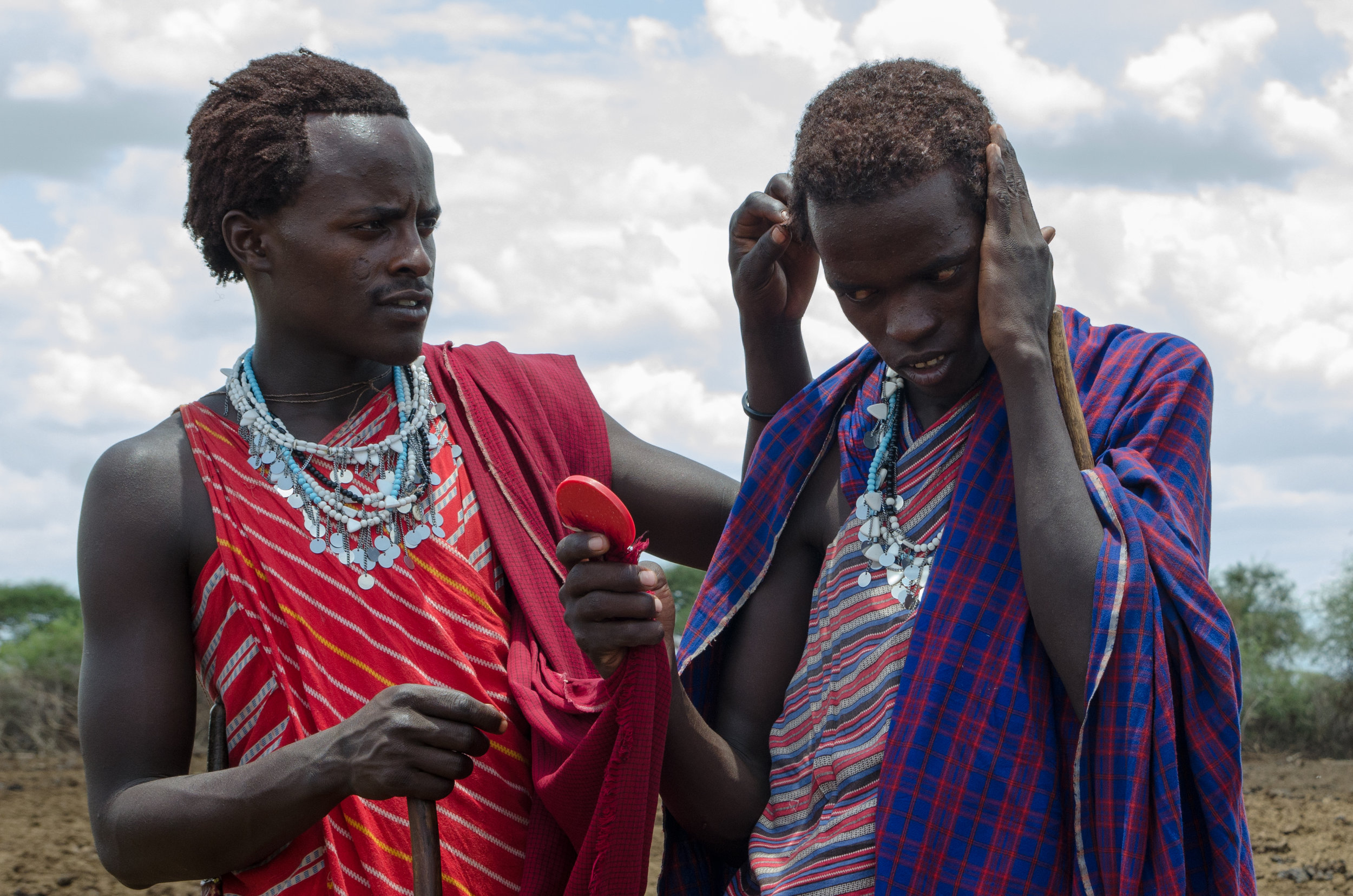
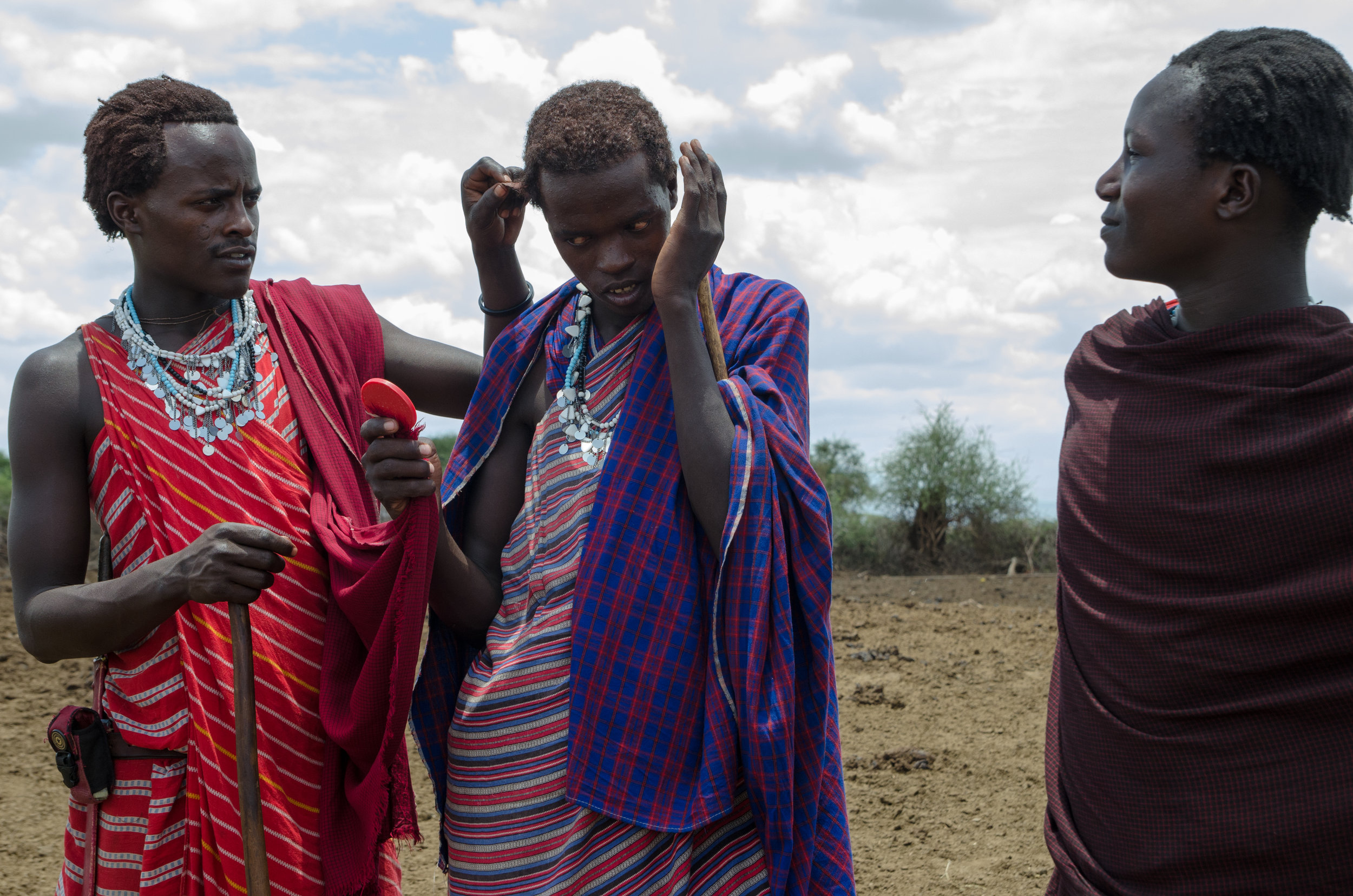
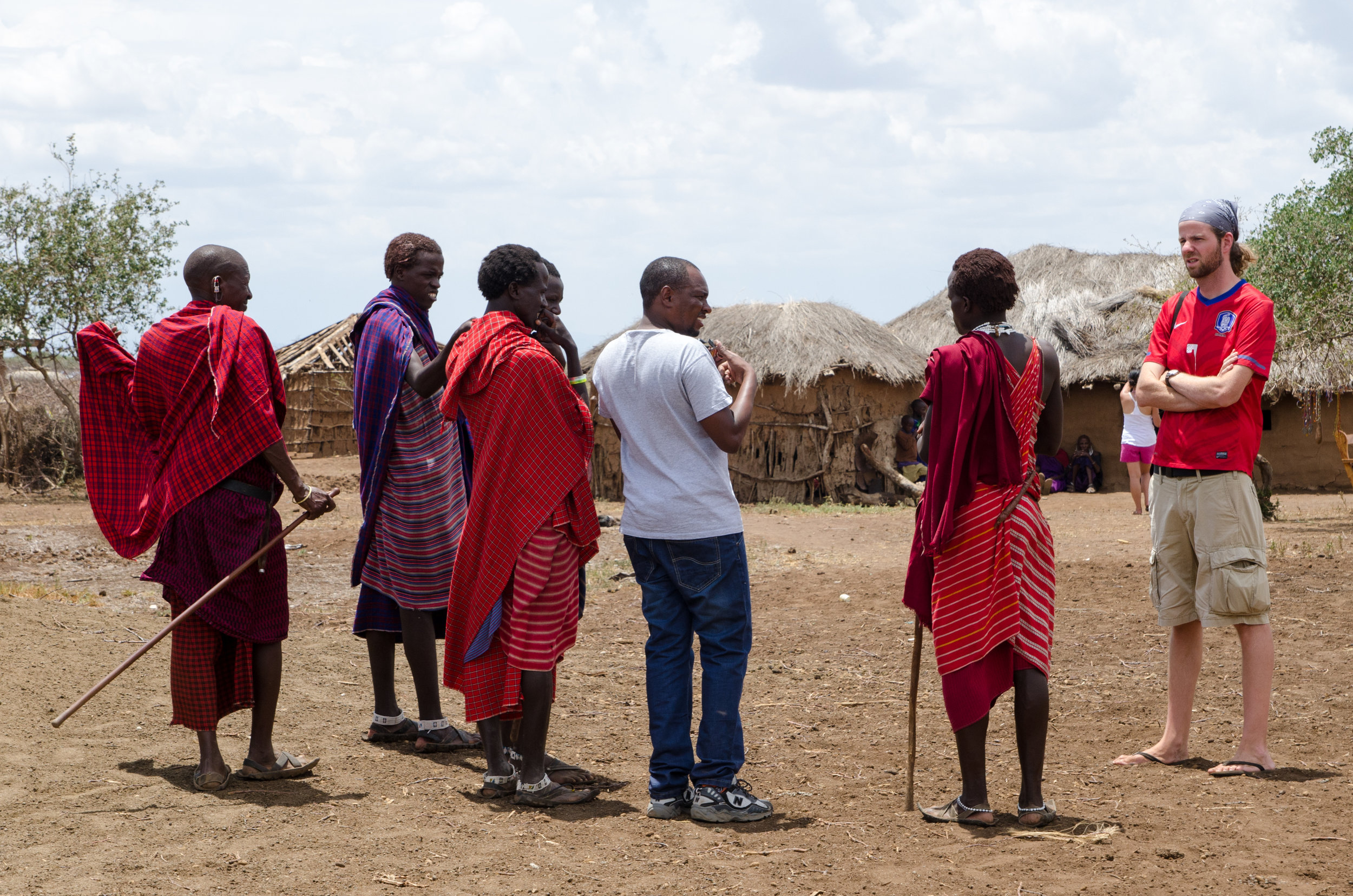
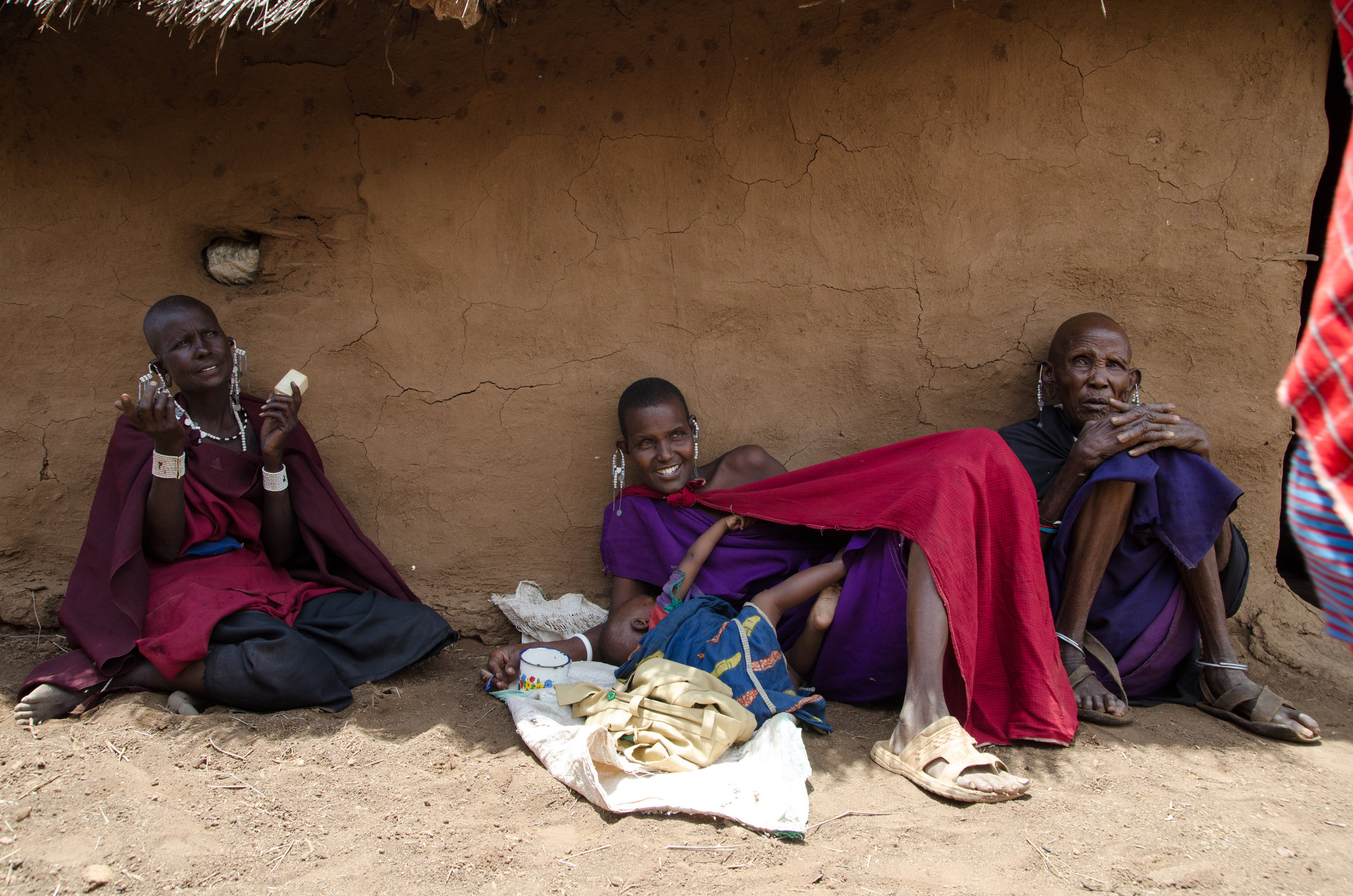
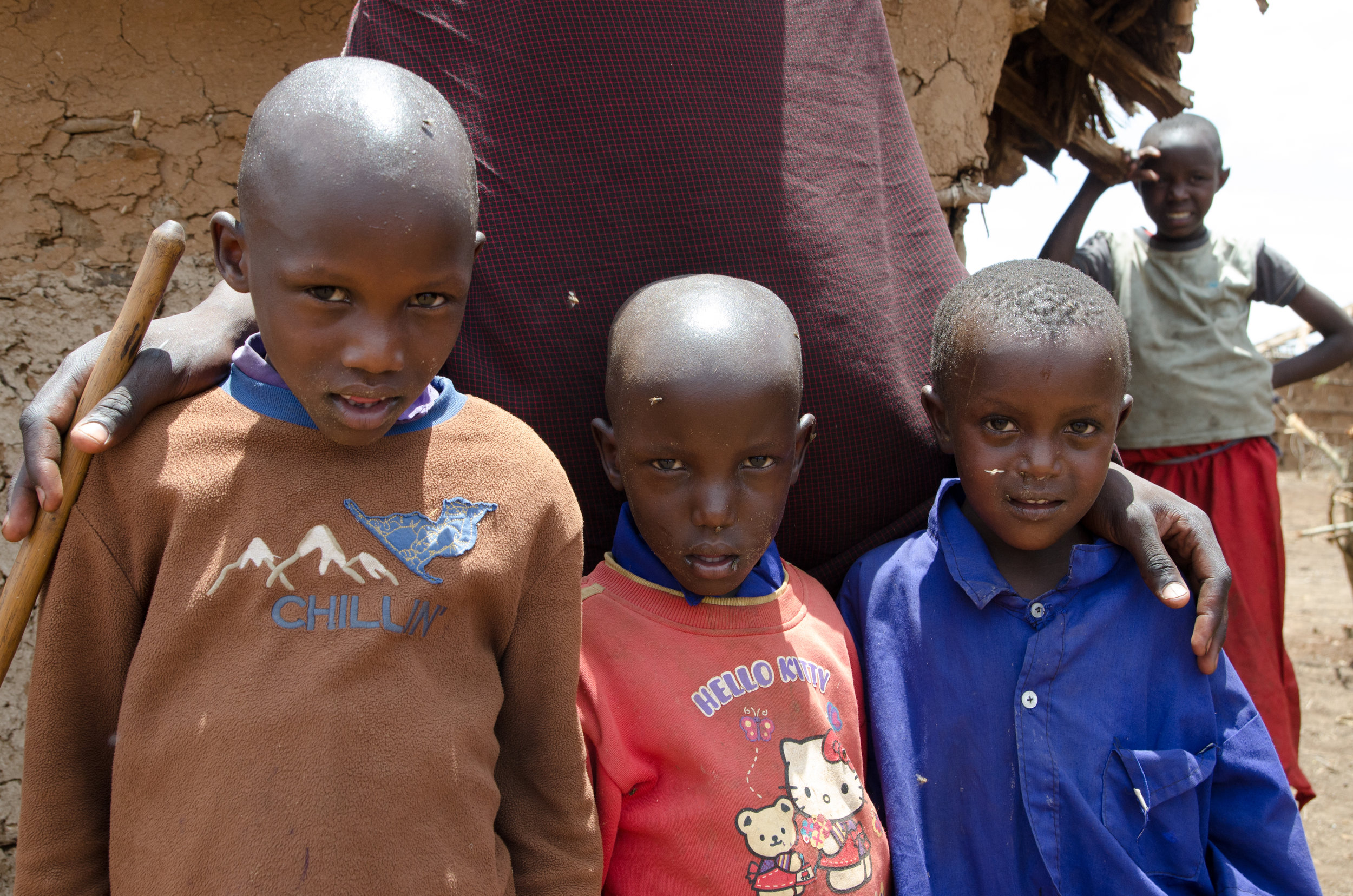
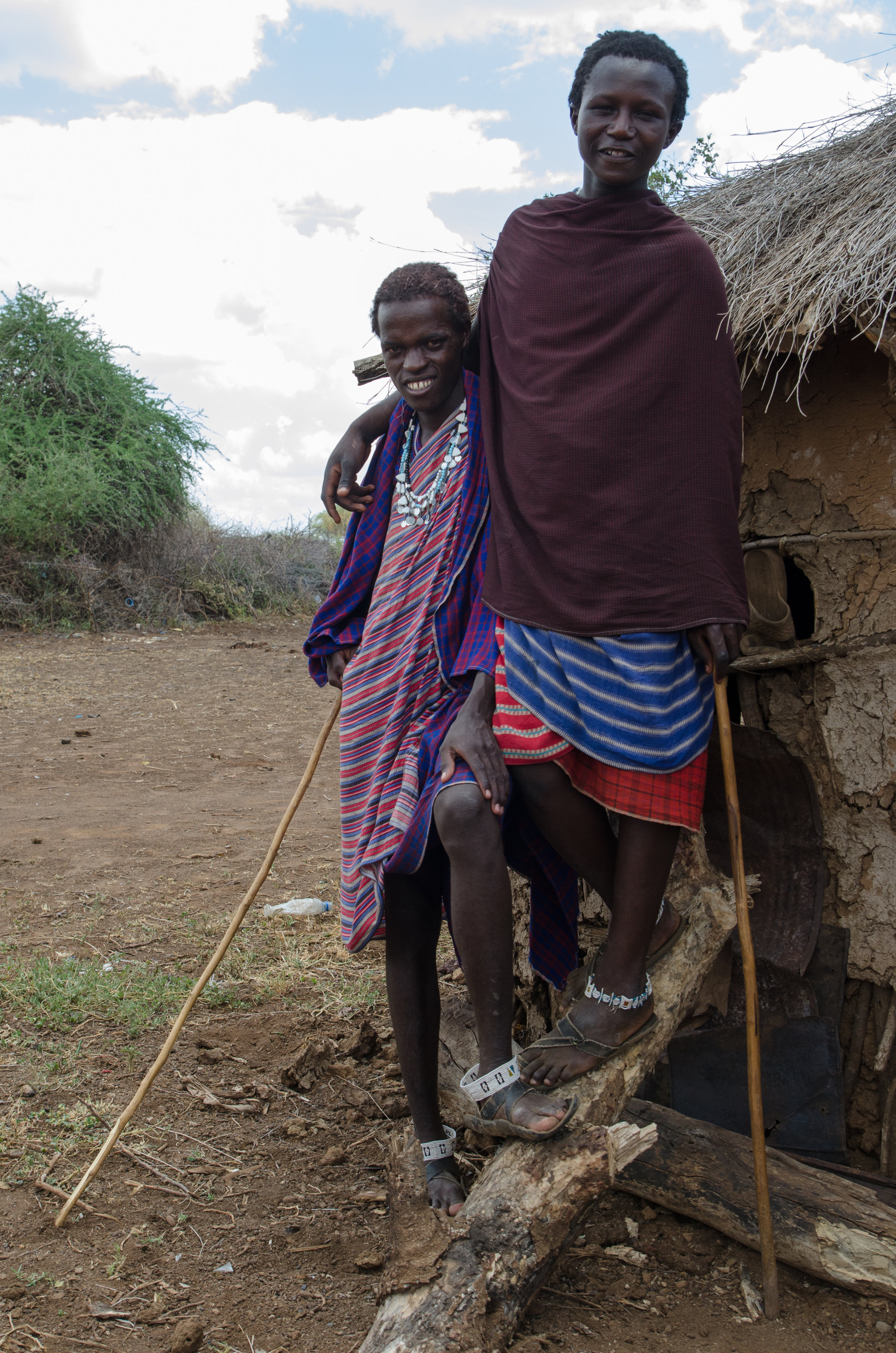
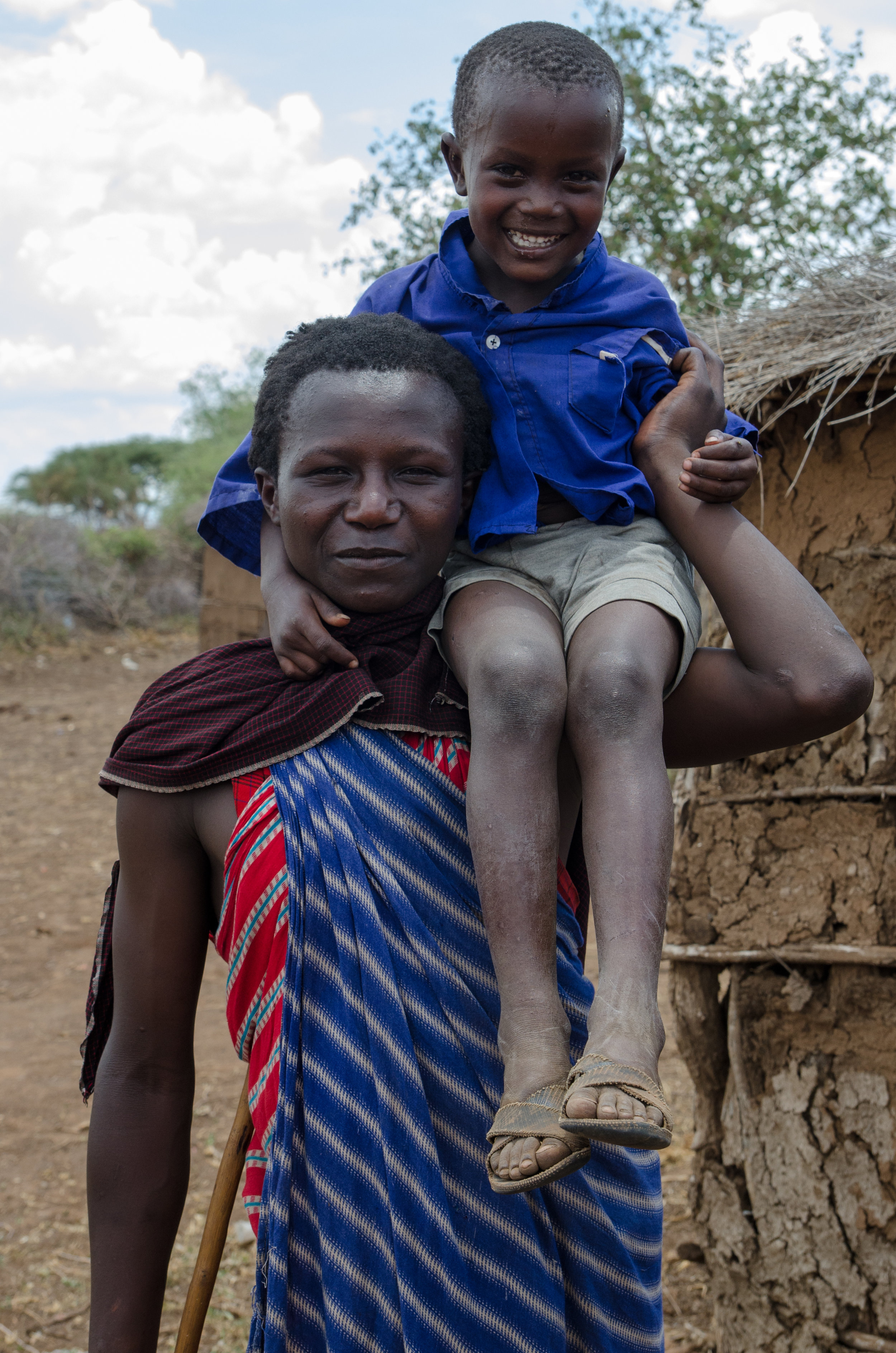
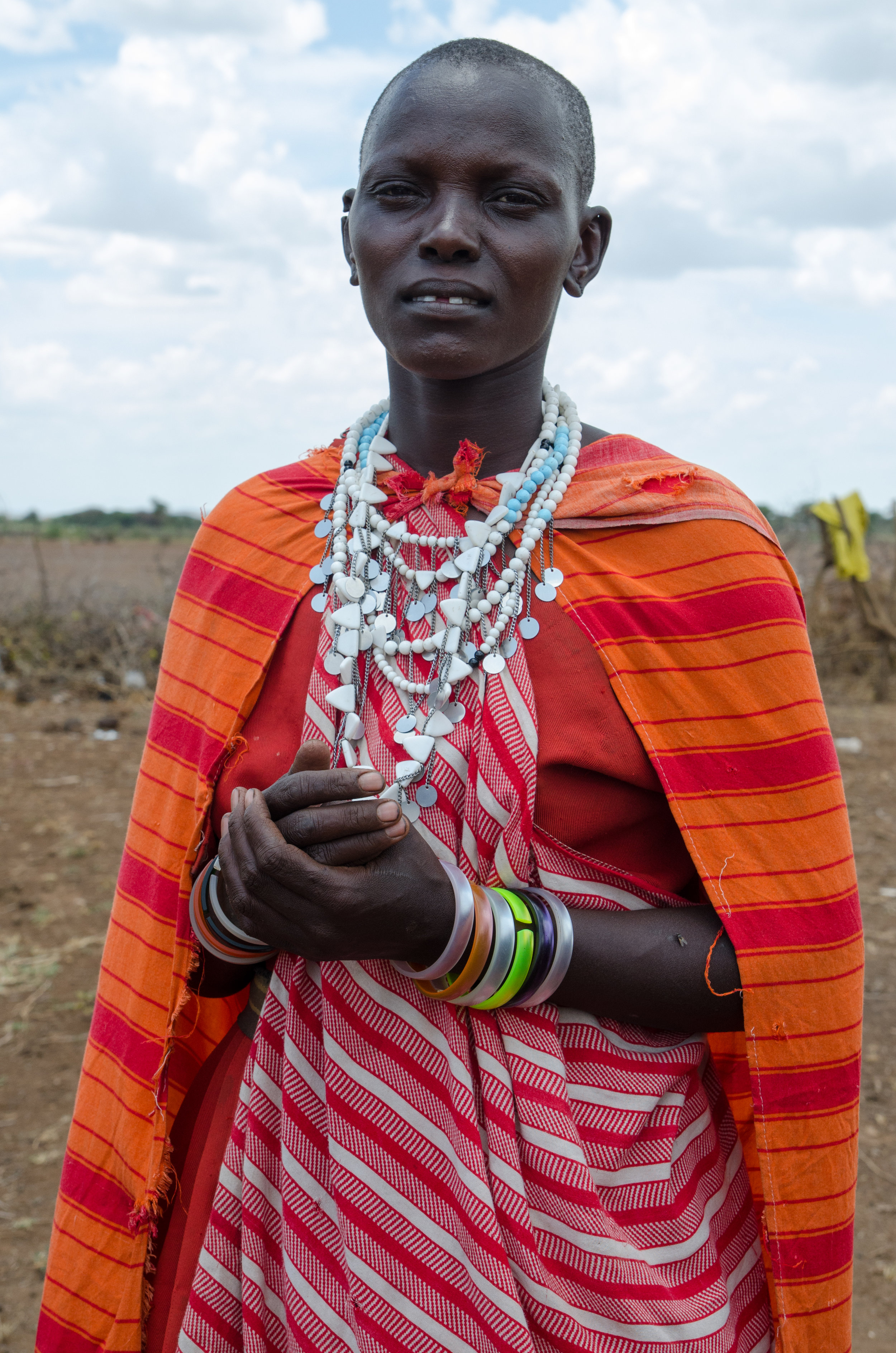
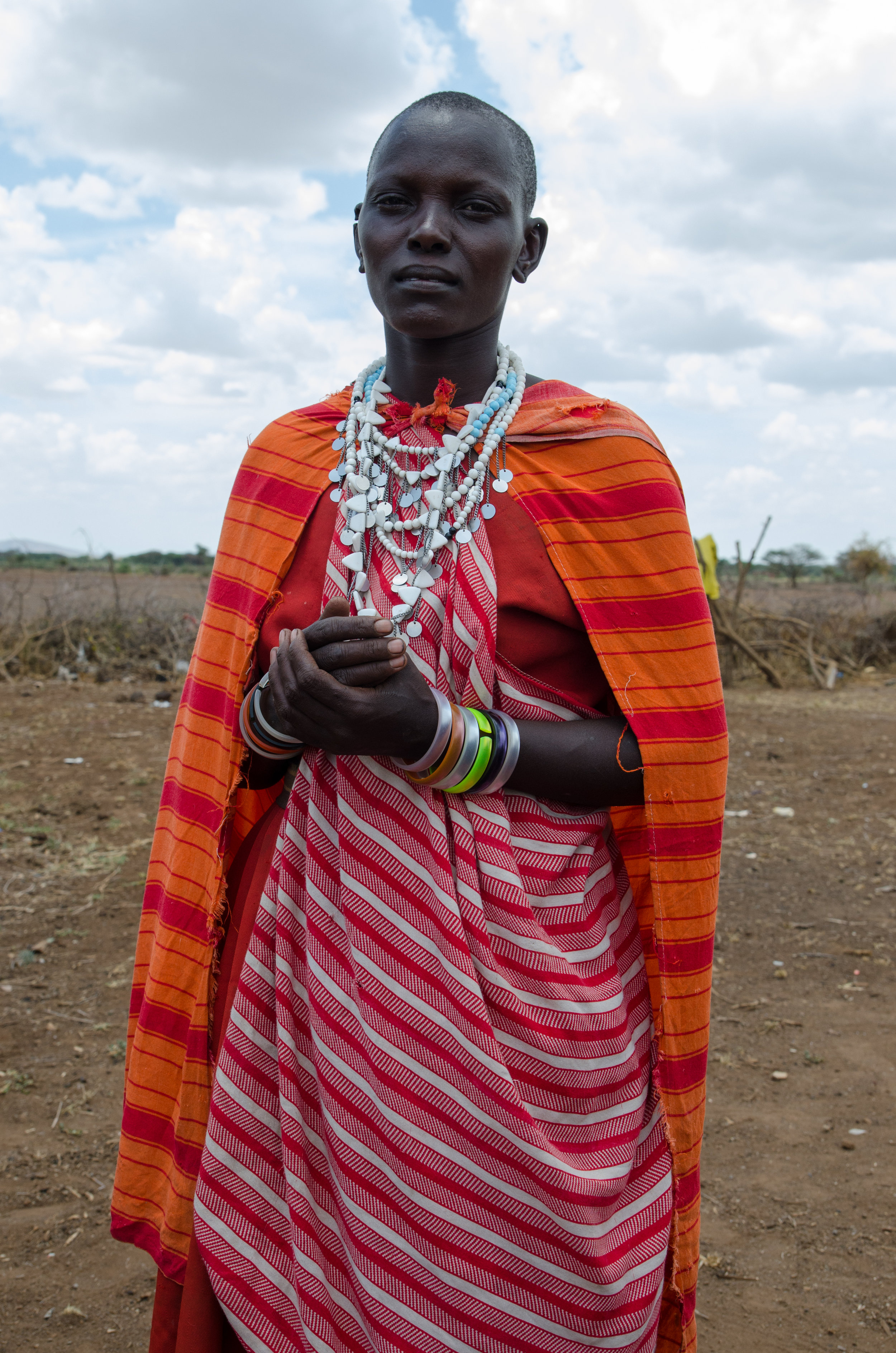
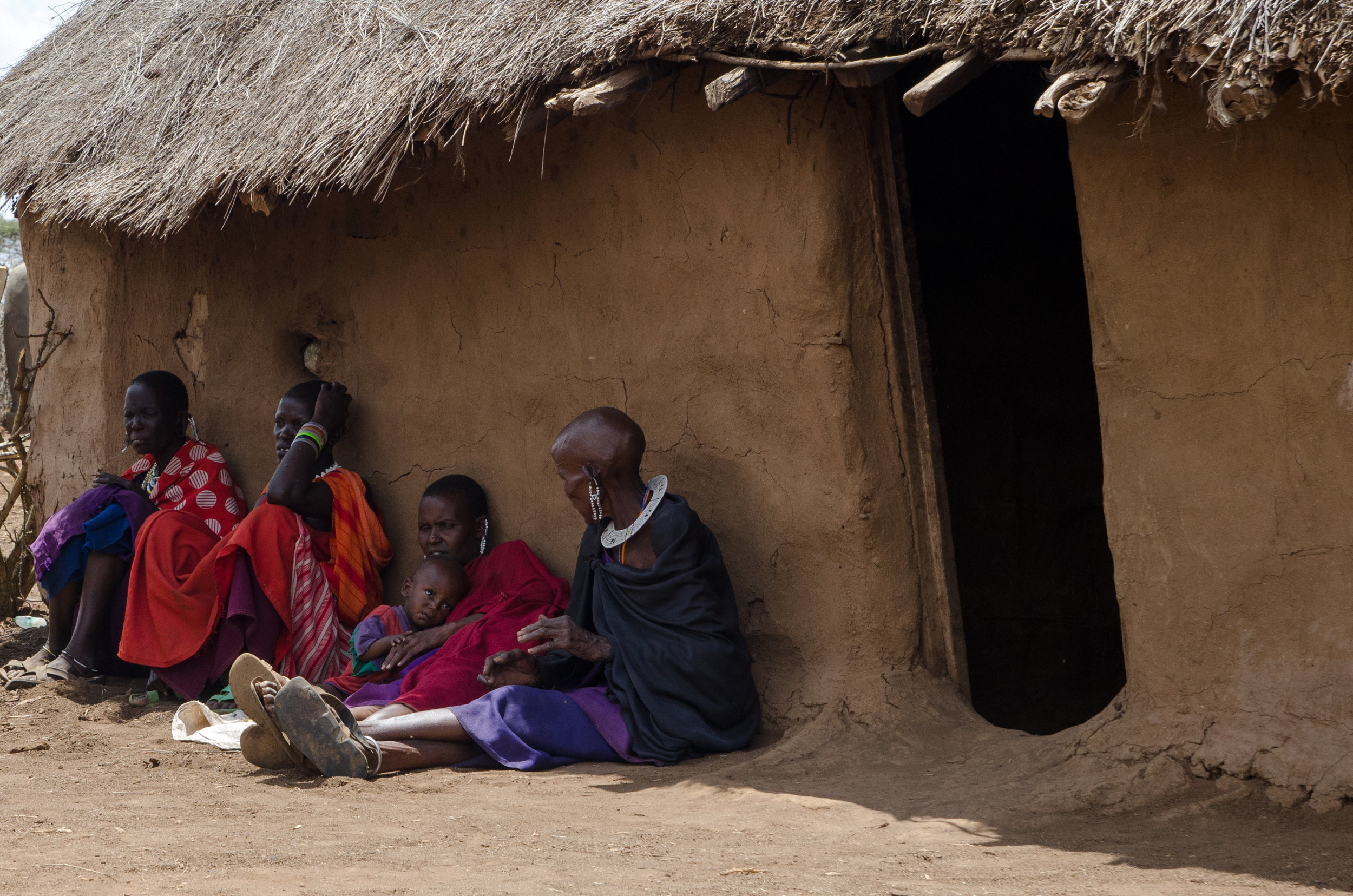
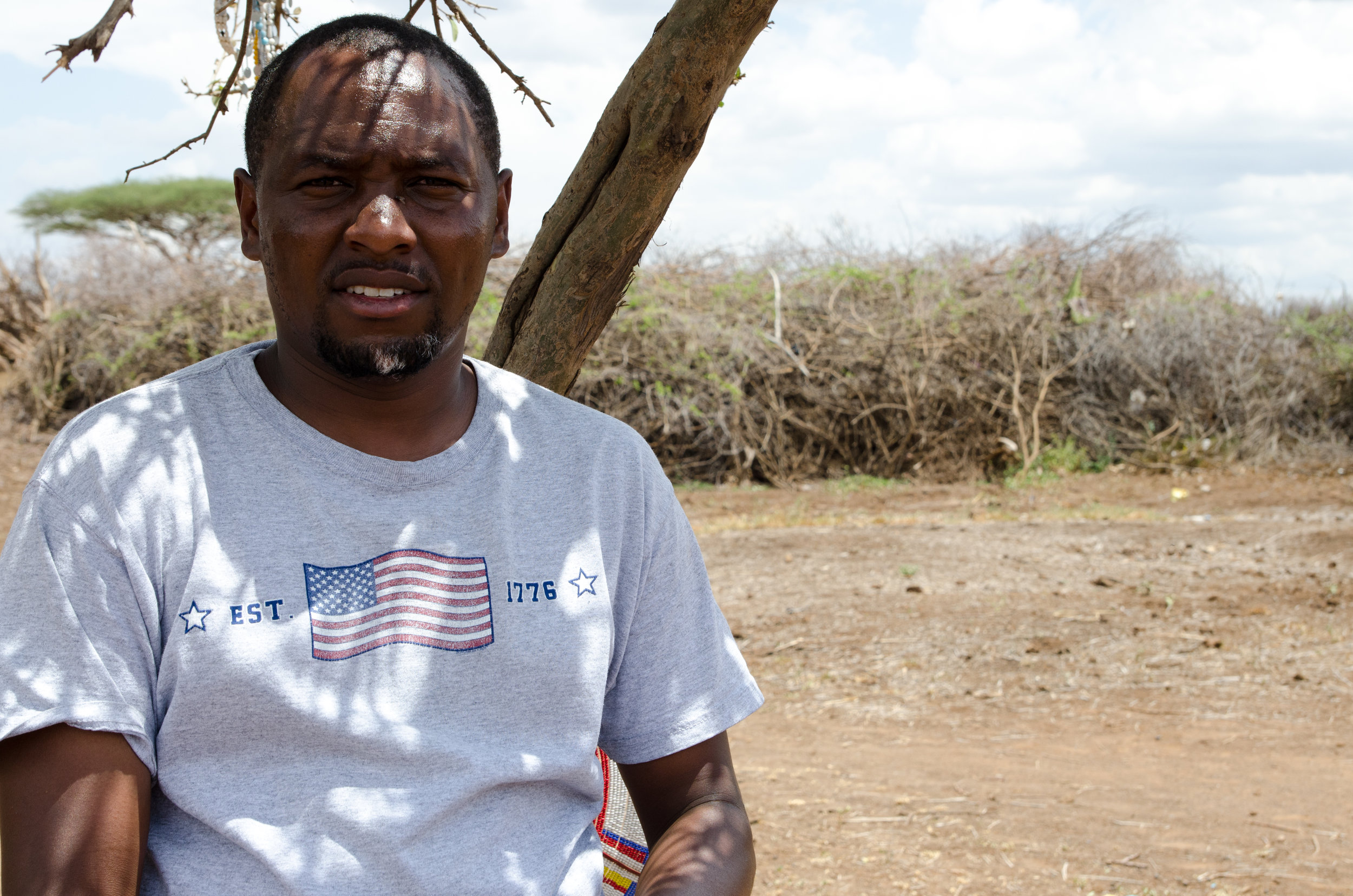
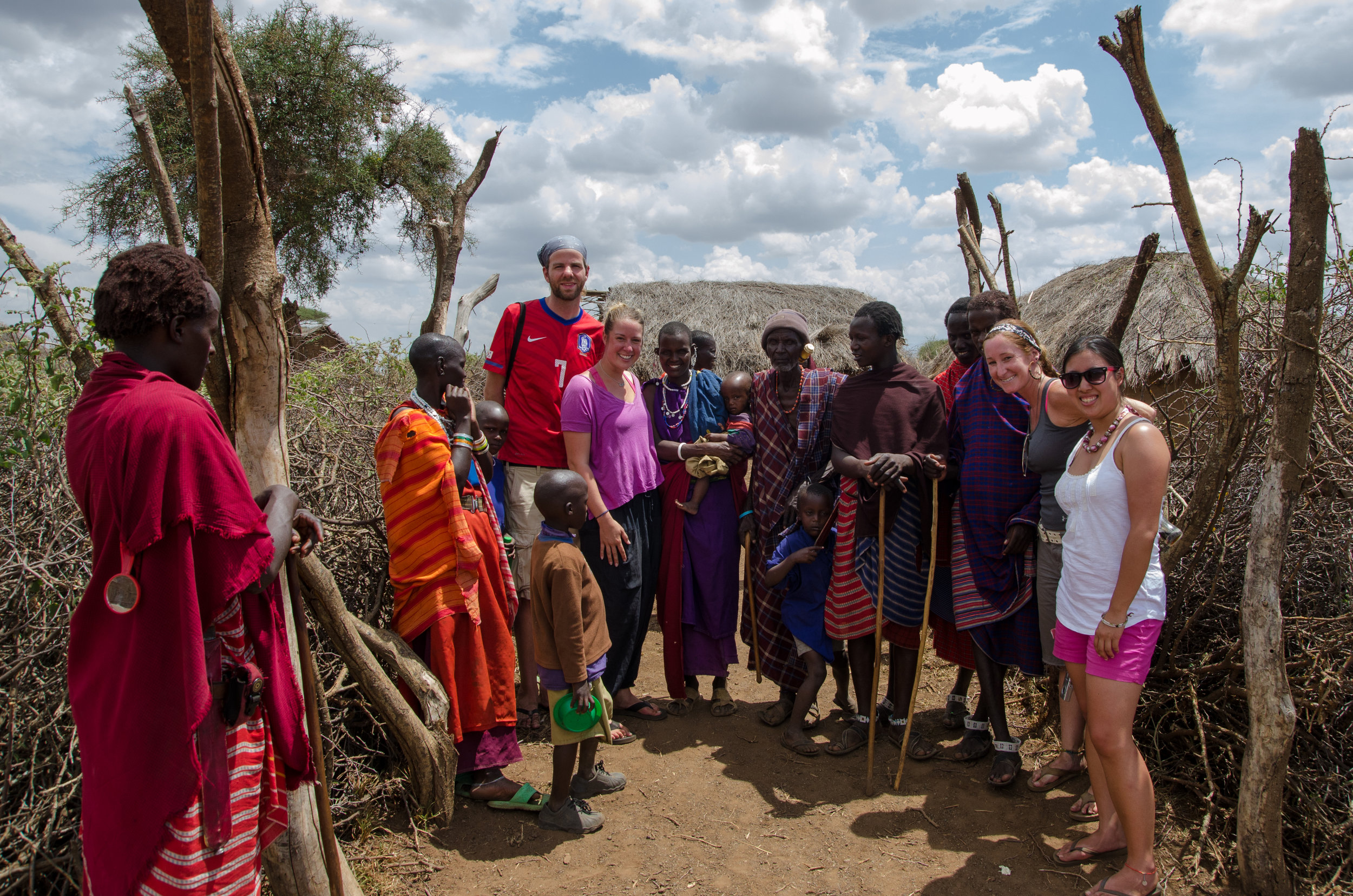
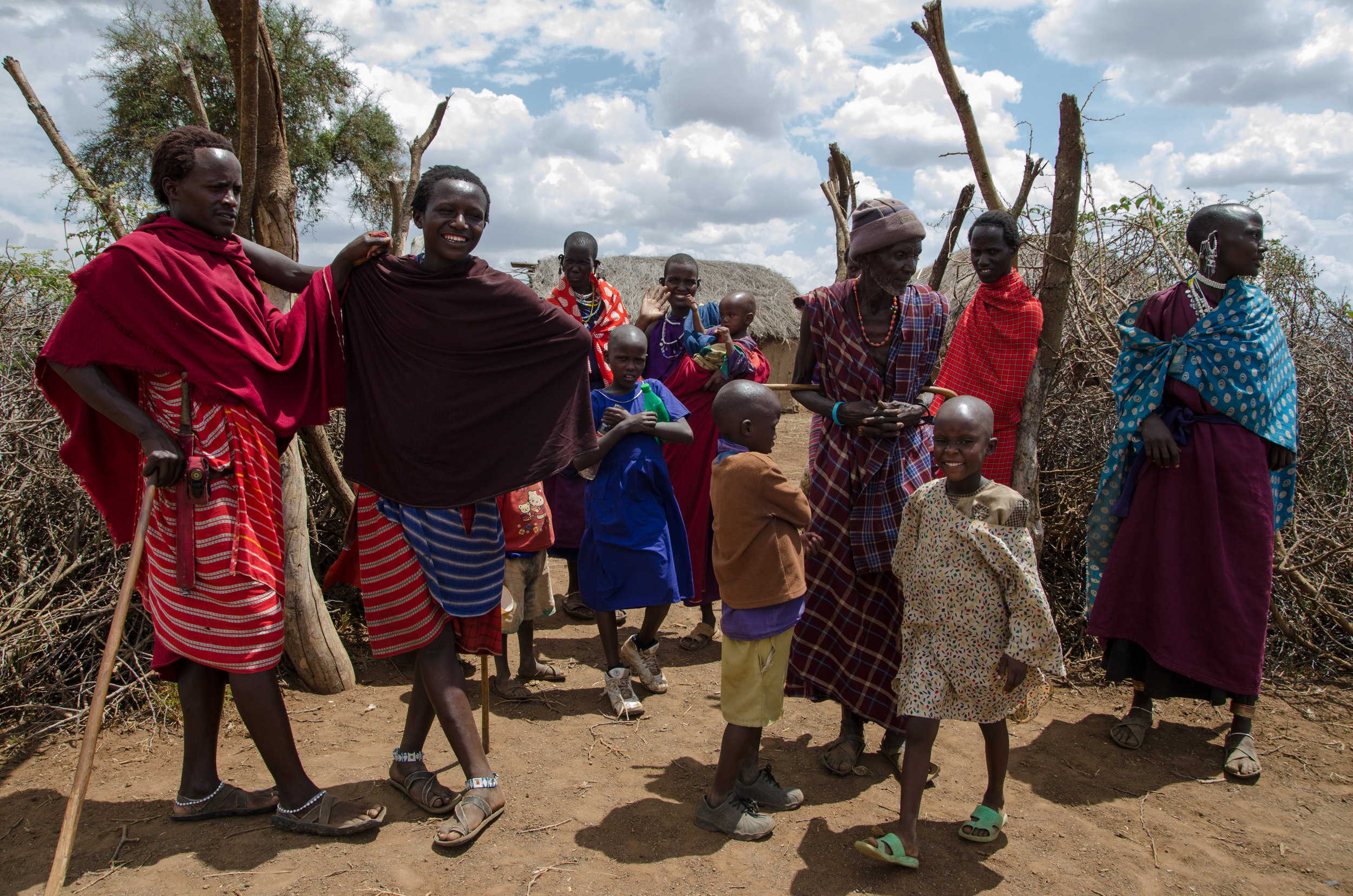
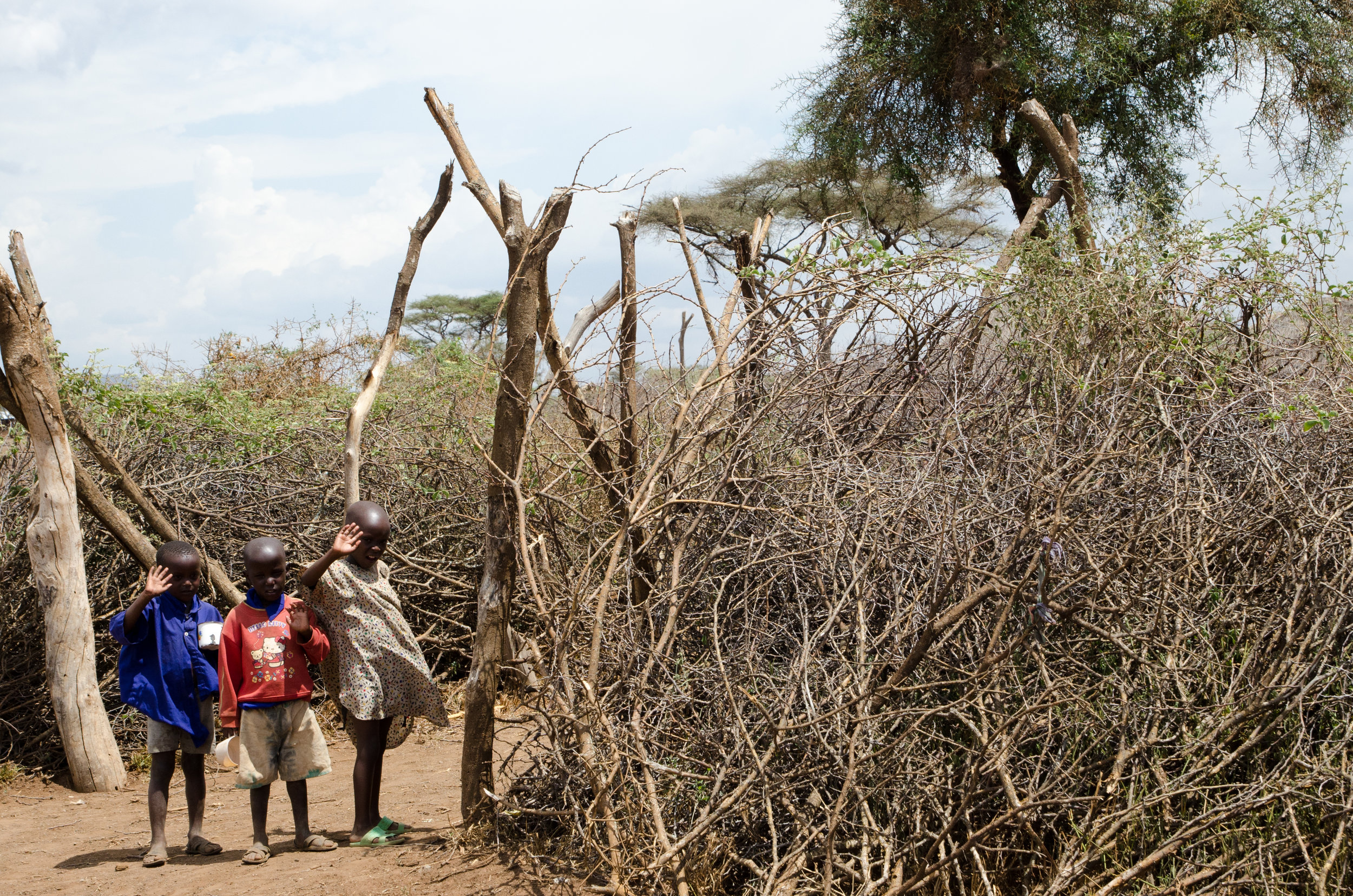
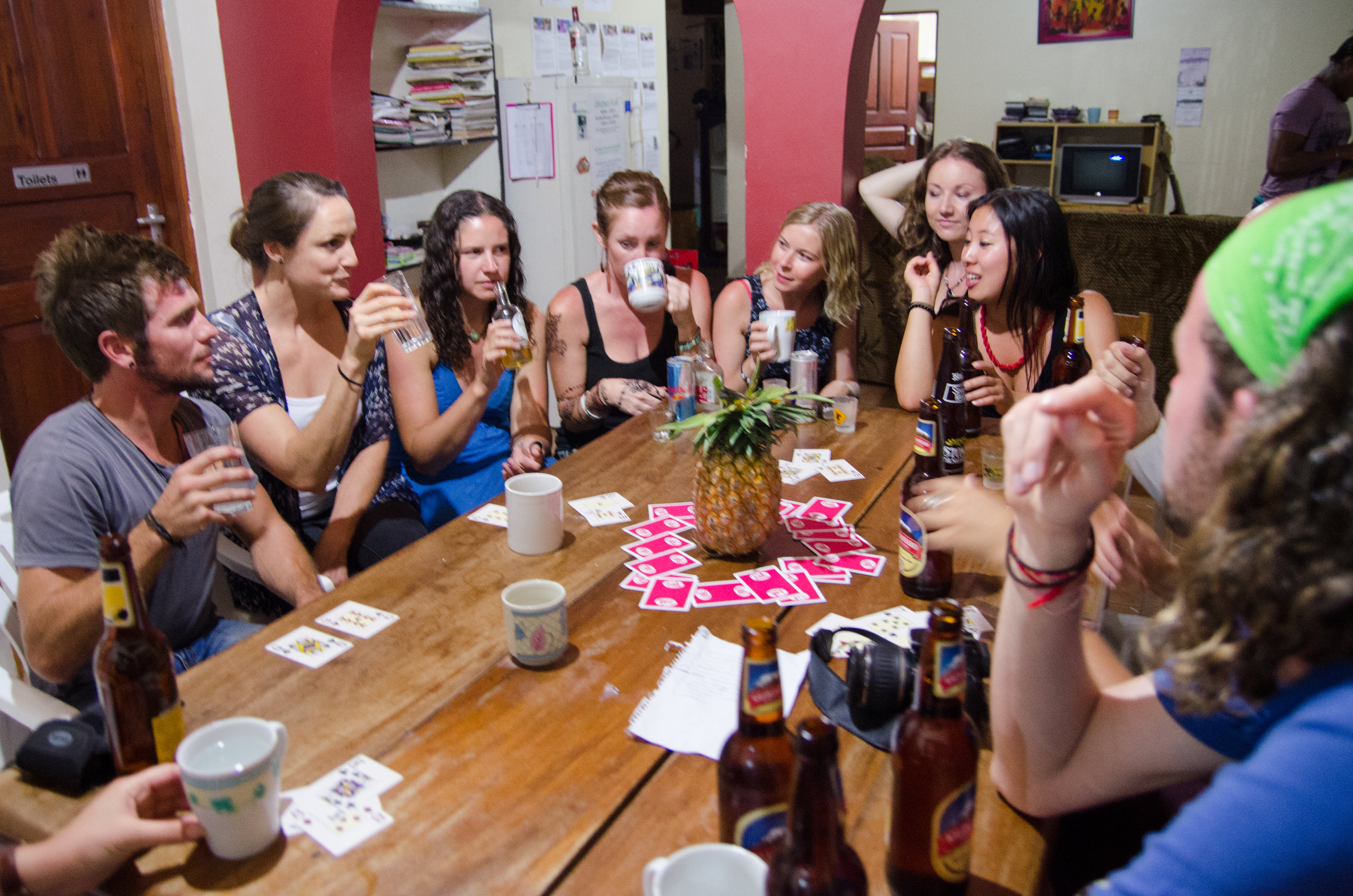
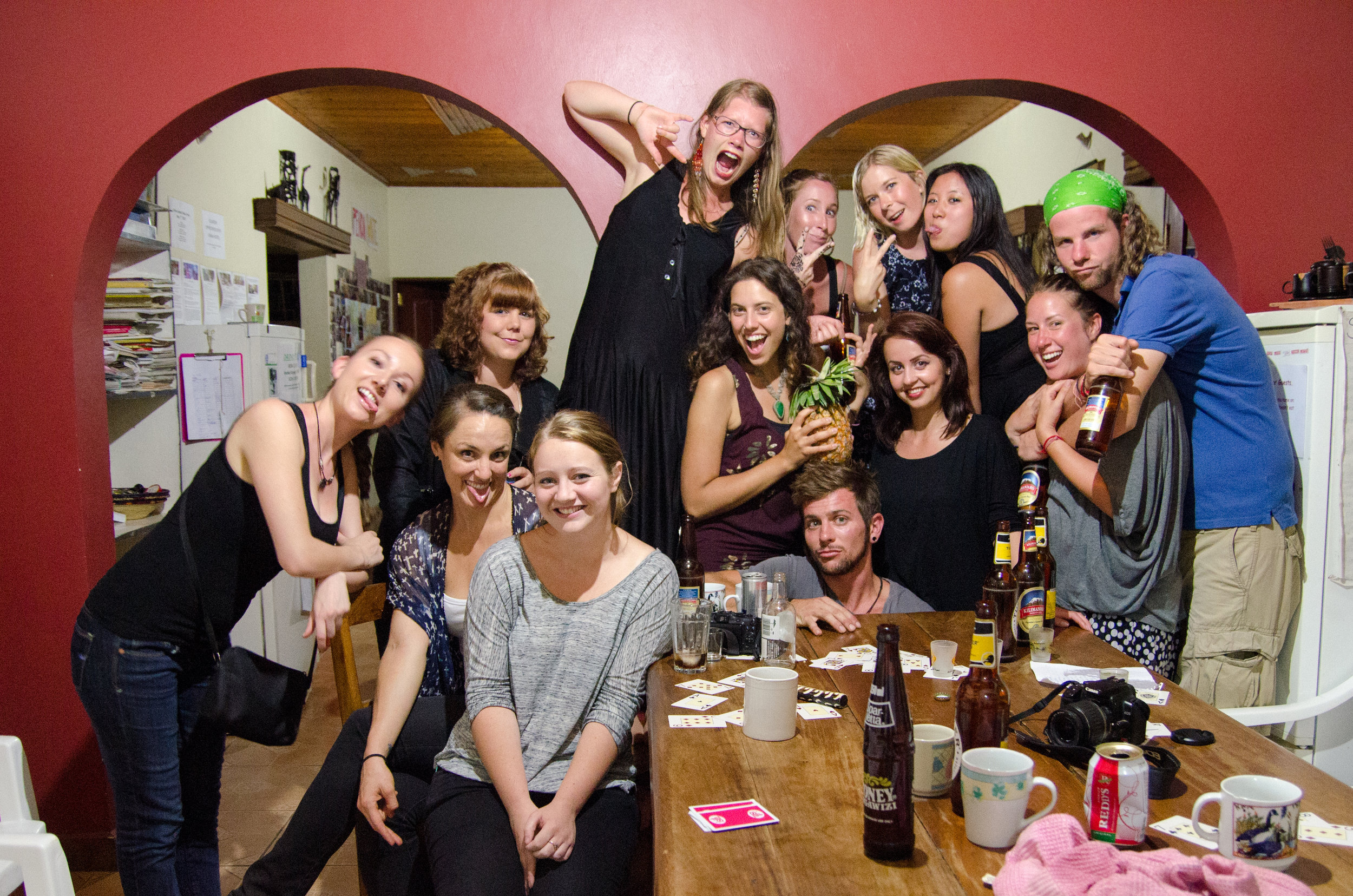
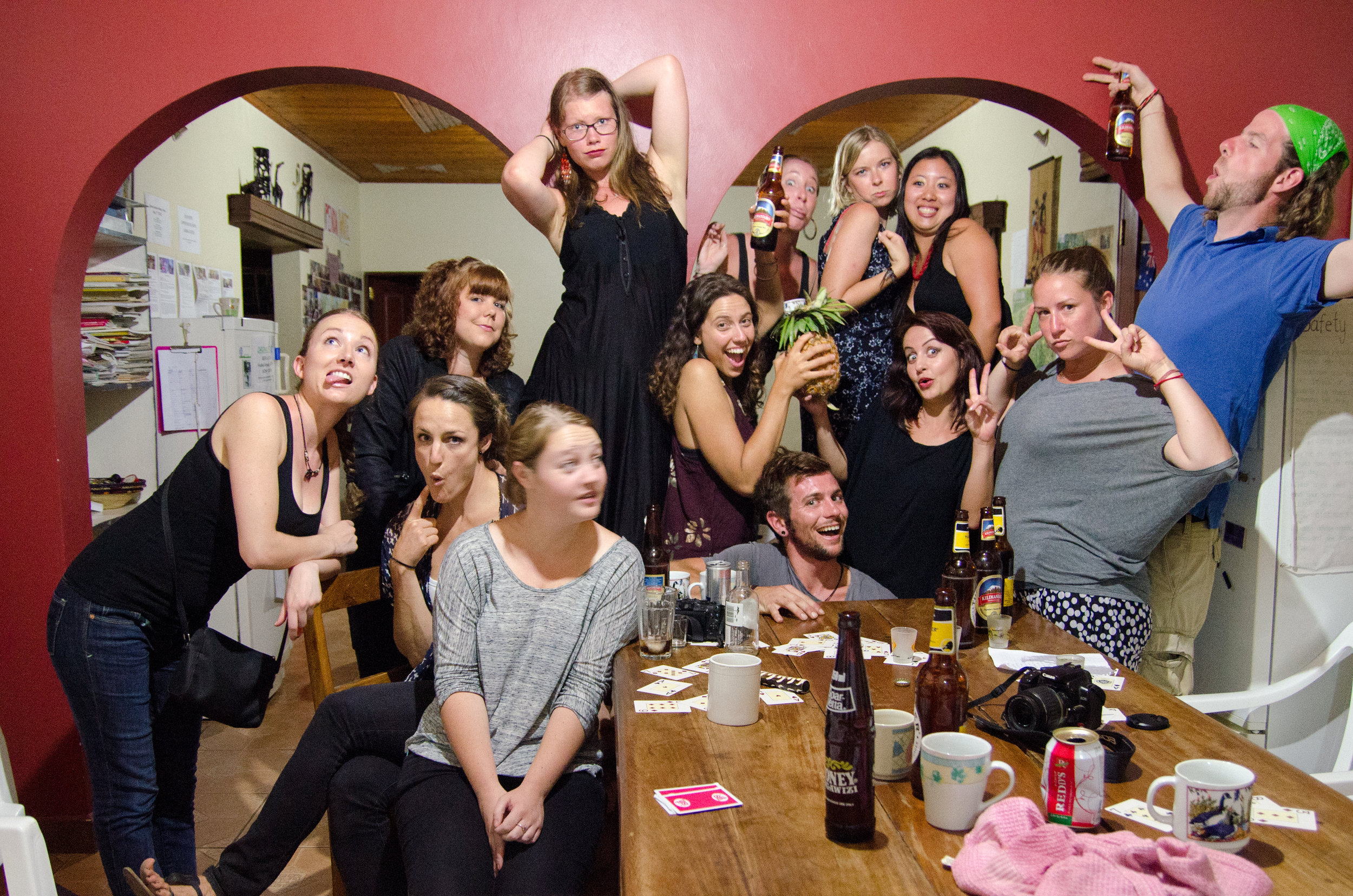
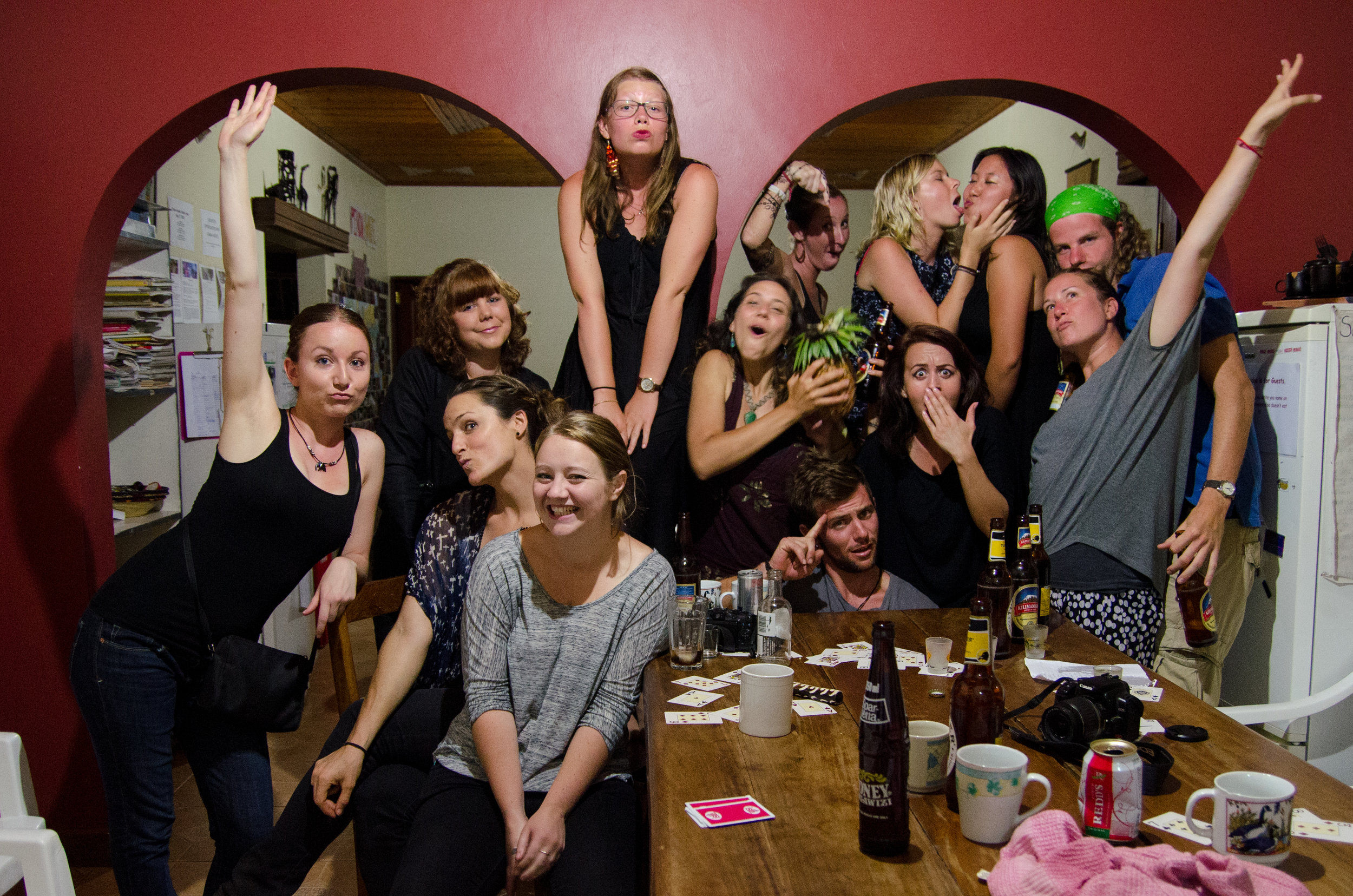
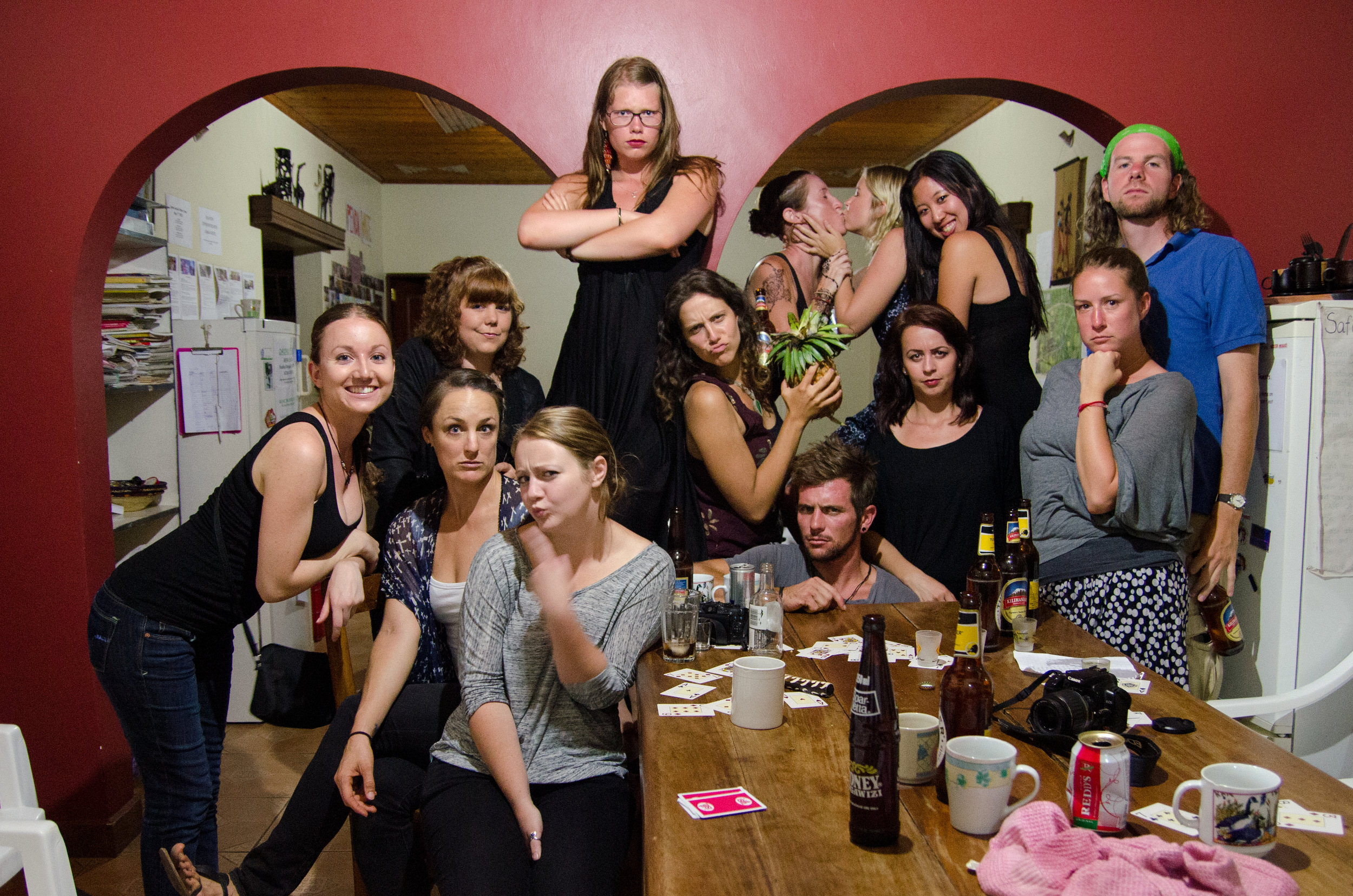
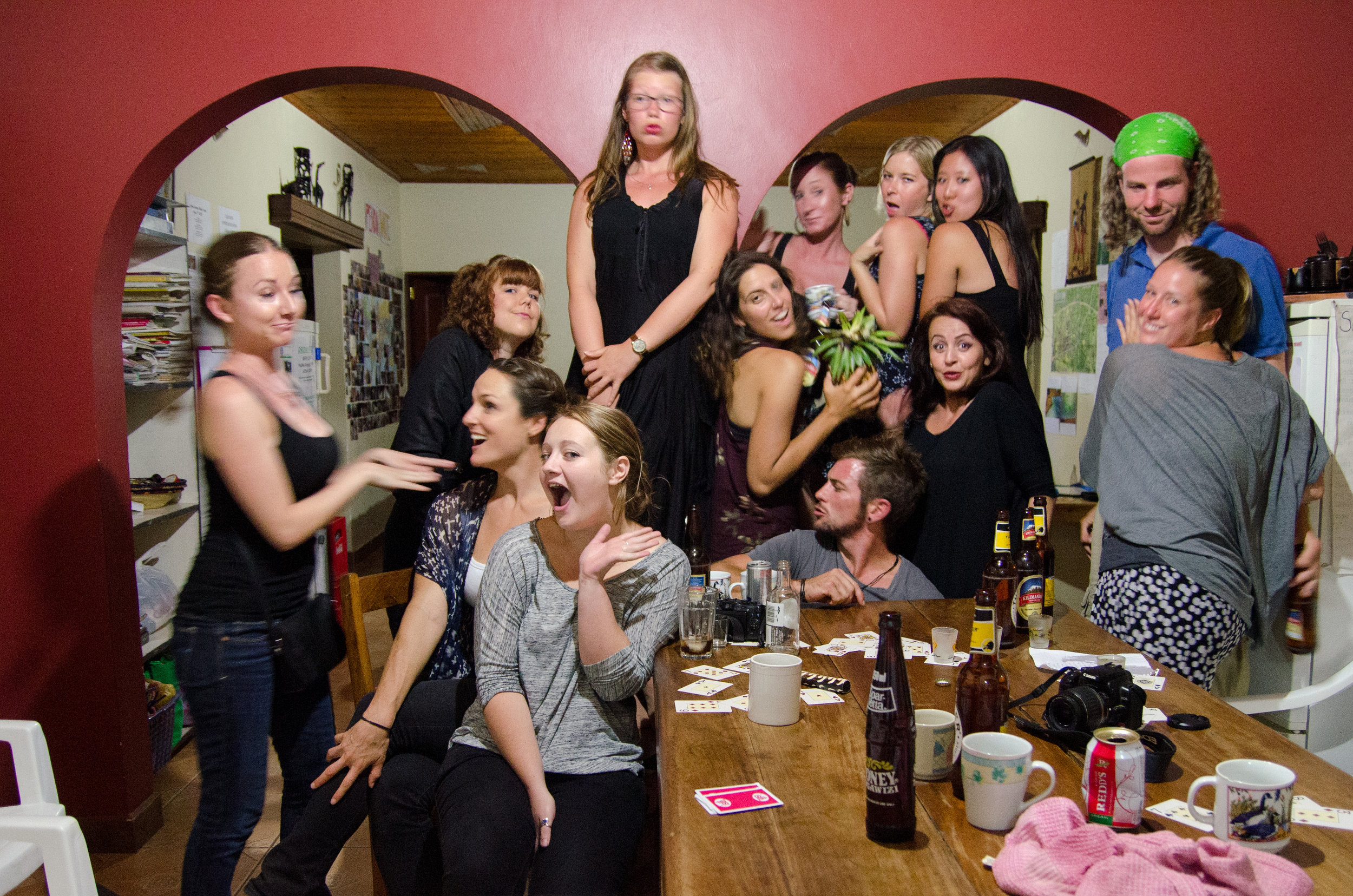
I wanted to go to a village and ask questions to the women and get answers. From the women. And I wanted to take portraits of them as well because I just find them to be so beautiful. It’s like their faces hold so many more stories than the flawless Korean skin I became used to in Seoul, or those so similar to my own back in Kentucky. I asked around at our hostel to see if this was possible. Michael, one of the hostel managers said he could take me and he would translate all of my questions and I could take pictures. I was elated. Two girls at the hostel heard I was going and planned to tag along, after I warned them I wanted to ask a ton of questions – and there was the possibility they would be bored. Fortunately they were equally (I think) excited.
During breakfast we exchanged different stories we had heard about the Masai before we arrived to Tanzania or during our time in and around Arusha. Most of these stories revolved around FGM (Female Genital Mutilation) and the customs of the men staking their claim over the Masai women.
One girl heard that a Masai man can put his spear outside of a woman’s house if he wanted to have her- even if she was married. If her husband was gone, she was free for the taking. A spear would be planted outside of her house and she would have company until the man took his spear elsewhere. Another girl heard that during the female circumcision, the woman was sewn up until her wedding night, it was only then that her betrothed would cut her open. Someone saw an Oprah show, where in one African country, (the specific country was not recalled) a dull blade is used because the ceremony is supposed to last a certain number of hours. We debated, not about whether or not FGM was right or wrong, but about what was accurate and what were just stories told to gullible tourists.
“I’m so curious of the logistics, you know? I mean, seriously. How is it done? Is someone in the tribe a specialist? It’s not the easiest thing to find…” I asked the girls, oblivious to the fact that I was clearly setting Andrew up for an opportunity to be sarcastic.
“I’ve had a lot of practice, and I still have trouble finding it.” Andrew tried to say on the sly, only every girl in the room heard him and couldn’t stop laughing.
At the touristy village, questions regarding the women seemed to be ignored. If it regarded the women, why on earth would any man (including our guide) know or want to know about it. So when we arrived to the non-touristy village a few hours later, I was ready to get some answers. After a three hour drive, we arrived. Immediately we were greeted warmly and Michael told me I was free to take pictures. Obviously, I was drawn to the oldest man in the village immediately after seeing his method of carrying his medicine around. By way of his ear.
We went through a very similar tour of two houses. A woman’s house. And a man’s house. But, we were told that when the man wants the woman, she goes to his house- not the other way around. So, according to this village, a man can’t literally (and figuratively) plant his spear outside the woman’s house. We learned that there are marriage ceremonies- but then we were also told that a man can court (and do other things) with other women if he wants. When we tried to ask what the point of a marriage ceremony was- we didn’t get a clear answer.
Men become circumcised around the age of 15. But it’s done as a group. So some men might be a little older when it’s done. It’s a coming of age tradition. When I asked about the women, knowing that in Tanzania it is technically illegal, the men we were talking to told us that they perform the ceremony on the women in secret. The older women perform the ceremony on the younger women in private. She is not sewn up like we had heard to be rumored. Instead, she stays in her hut and puts oil on herself until she feels she has healed and then will leave her house. According to the men that we talked to- the women, just like the men, look forward to this ceremony because it is only then that the tribe will recognize her as a woman. We heard other rumors that FGM is done so the woman will not enjoy sex. The men that we talked to seemed to dismiss this, that it was only performed as a coming of age tradition- much like the men.
“But… what do the women really think of it? And… what do the women do about their periods and giving birth?” I asked Michael, wanting to get the women in on the discussion. He translated to the men and told me that they didn’t know the answer. This discussion, by the way, was going on simultaneous to the men workin’ it for the camera. That mirror is tied onto the back of the one dude’s shuka. Masai player, right there. (I guess they all are though, in a way, puttin’ their spears wherever they want, whenever they want…)
“Women don’t talk to men about these things. Only to other women.” He told me.
“Well, let’s go ask them!” He laughed, and started going with me, until he stopped to talk to the Masai men, and then he turned to me.
“I can’t talk to them about these things. I am a man. You can talk to them in Swahili…” He teased, knowing I don’t speak more than four words in Swahili. My heart fell. The whole point of coming to the village was to have this kind of discussion with the women, and I didn’t even think that having a translator, even if he was male, would matter. I felt silly for having assumed it would be so easy.
We started walking towards the women and children. I was able to get a few pictures of them, but not portraits of every woman, like I really wanted. I was glad I went, but next time, I’ll be going with a female translator.
Michael (seen above) told me to ask one of the girls at the hostel. She was from a Masai tribe and could talk to me about my questions. Later, I ended up asking her the same questions, but I felt like her answers were guarded. She didn’t get into the specifics of FGM with me and when I asked what women really thought of it, she gave me a somewhat bland answer about how women needed to be educated before it would end. Obviously I agree, but I wasn’t sure that she was really telling me what women thought of it or what she thought I wanted to hear.






